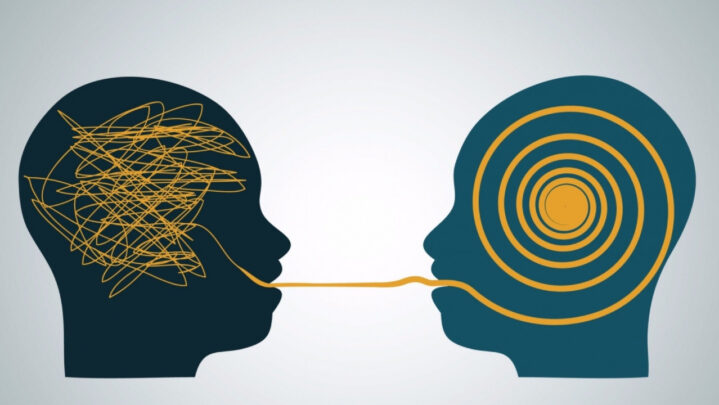The ability to recognize, comprehend, and interact with another person’s emotional condition is known as emotional attunement. All relationships require emotional sensitivity, but romantic connections require it more than other types of relationships. Many psychologists use caregivers and newborn analogies to describe emotional attunement. Infants feel sensations like hunger, drowsiness, and discomfort, but since they lack the vocabulary to do so, they are unable to communicate their demands.
Ineffective communication and conflict may result if you and your spouse are not emotionally aware of one another. Understanding your partner’s emotions can not only help you avoid arguments and enhance your relationship, but it will also strengthen your bond. As previously mentioned, emotional attunement entails addressing your emotions as a group.
Here are a few tips on practicing attunement in a romantic relationship:
1. Listen before you speak
Have you ever realized that you are just paying attention to what YOU are going to say next in a conversation? Most of us are undoubtedly guilty of this, whether we want to acknowledge it or not. The majority of us have undoubtedly seen someone who is not totally present in a discussion, so we are aware of how harmful this behavior can be.
2. Ask questions to understand
Ask questions if you don’t comprehend what your spouse is saying or where they are coming from when you are listening to them. Engaging with your partner while they are sharing with you and checking to see whether they understand is a big element of active listening.
3. Notice your partner’s nonverbal cues
While verbal communication and emotional acuity are closely associated, nonverbal cues are also closely related to emotional acuity. As we previously discussed, your spouse may occasionally let you know when they are feeling a specific way without using words, but they may also let you know by using nonverbal cues.





